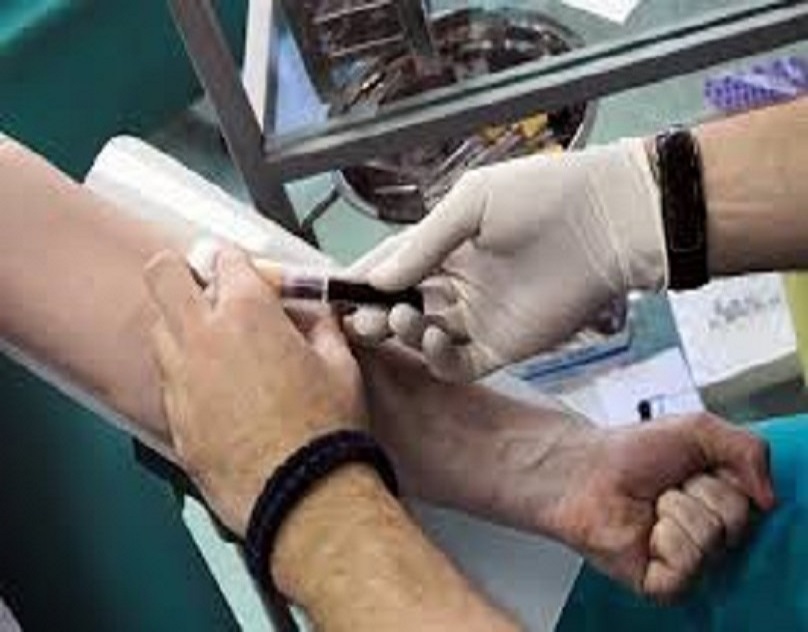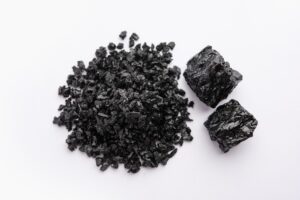Introduction
Kidney disease is a serious health condition affecting millions of people worldwide. One lesser-known symptom of kidney disease is itching, also known as pruritus. In this article, we’ll delve into the relationship between kidney disease and itching, exploring at what stage itching typically begins and how it can be managed effectively.
Understanding Kidney Disease
Kidney disease refers to any condition that affects the proper functioning of the kidneys, leading to impaired filtration of waste products and excess fluids from the blood. There are various types of kidney disease, including acute kidney injury, chronic kidney disease (CKD), polycystic kidney disease, and glomerulonephritis. Causes of kidney disease can range from diabetes and high blood pressure to autoimmune disorders and genetic factors.
Symptoms of Kidney Disease
While symptoms may vary depending on the type and severity of kidney disease, some common symptoms include fatigue, swelling in the legs, decreased urine output, and difficulty concentrating. However, there are also less common symptoms, such as persistent itching, which can often be overlooked or attributed to other causes.
Itching: A Symptom of Kidney Disease
Itching, or pruritus, is an uncomfortable sensation that compels a person to scratch the affected area. In kidney disease, itching can be caused by a buildup of toxins in the blood, imbalances in minerals such as calcium and phosphorus, or nerve damage. Itching associated with kidney disease often tends to worsen at night and may affect various parts of the body, including the arms, legs, back, and abdomen.
At What Stage Does Itching Start?
Itching can occur at any stage of kidney disease, but it is more commonly observed in later stages, particularly in patients undergoing dialysis or those with advanced CKD. However, some individuals may experience itching in the earlier stages of kidney disease, even before other symptoms manifest. Itching tends to worsen as kidney function declines, reaching its peak severity in end-stage renal disease (ESRD).
Managing Itching in Kidney Disease
Managing itching in kidney disease involves addressing the underlying causes while providing symptomatic relief. Medical treatments may include medications to control itching, such as antihistamines or medications to reduce phosphorus levels in the blood. Additionally, dialysis or kidney transplantation may be necessary for individuals with advanced kidney disease.
In addition to medical interventions, certain home remedies and lifestyle changes can help alleviate itching in kidney disease. These may include maintaining proper hydration, avoiding hot baths or showers, using mild soaps and moisturizers, and wearing loose-fitting clothing.
Conclusion
Itching is a distressing symptom that can occur at any stage of kidney disease, although it is more commonly observed in later stages. Understanding the relationship between kidney disease and itching is crucial for timely intervention and effective management. By addressing the underlying causes and adopting appropriate treatments, individuals with kidney disease can find relief from itching and improve their overall quality of life.













